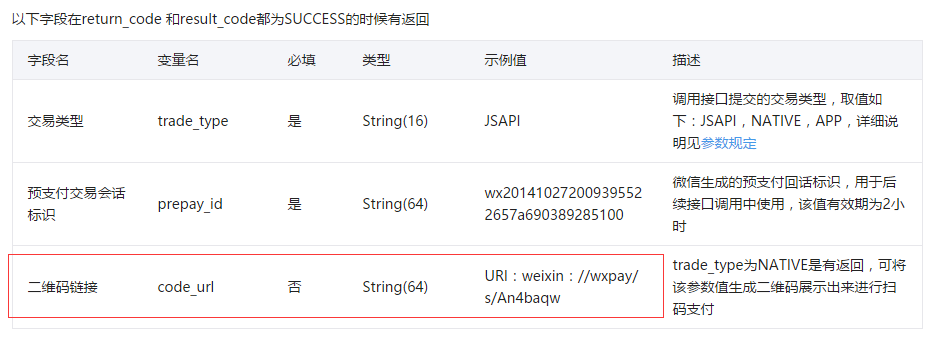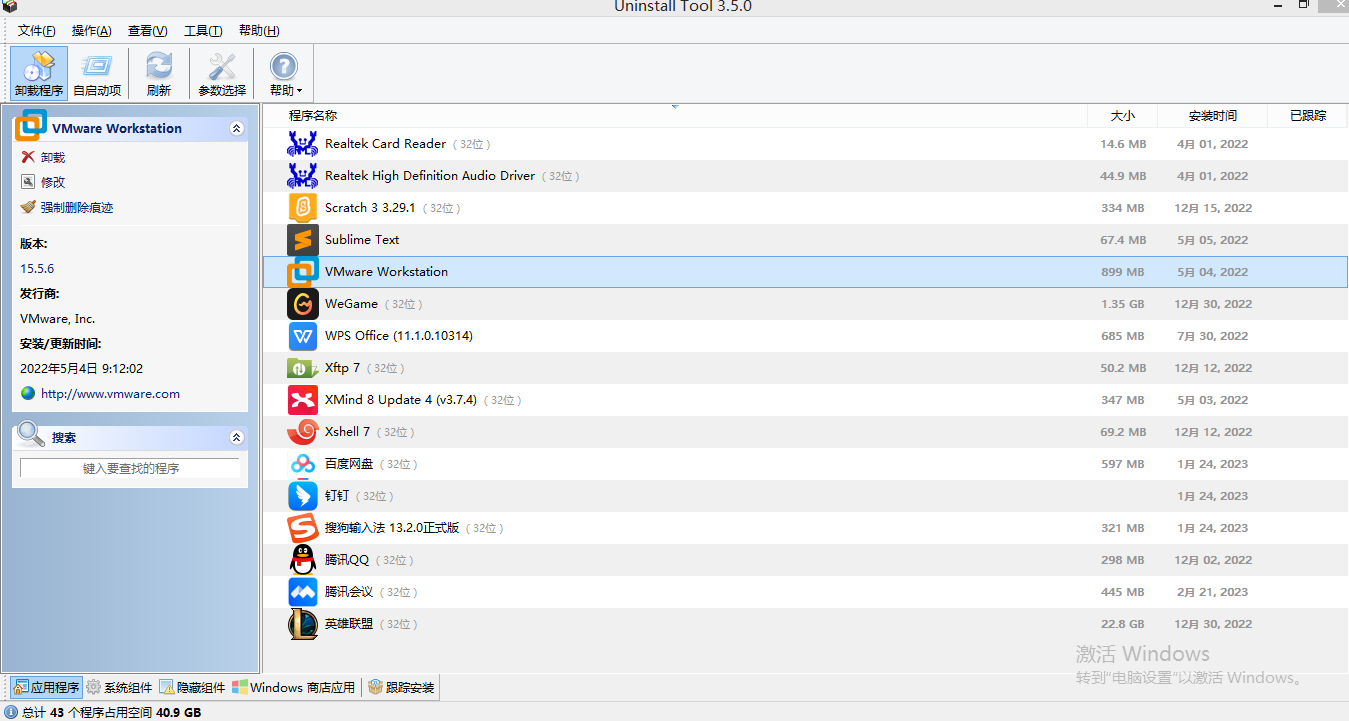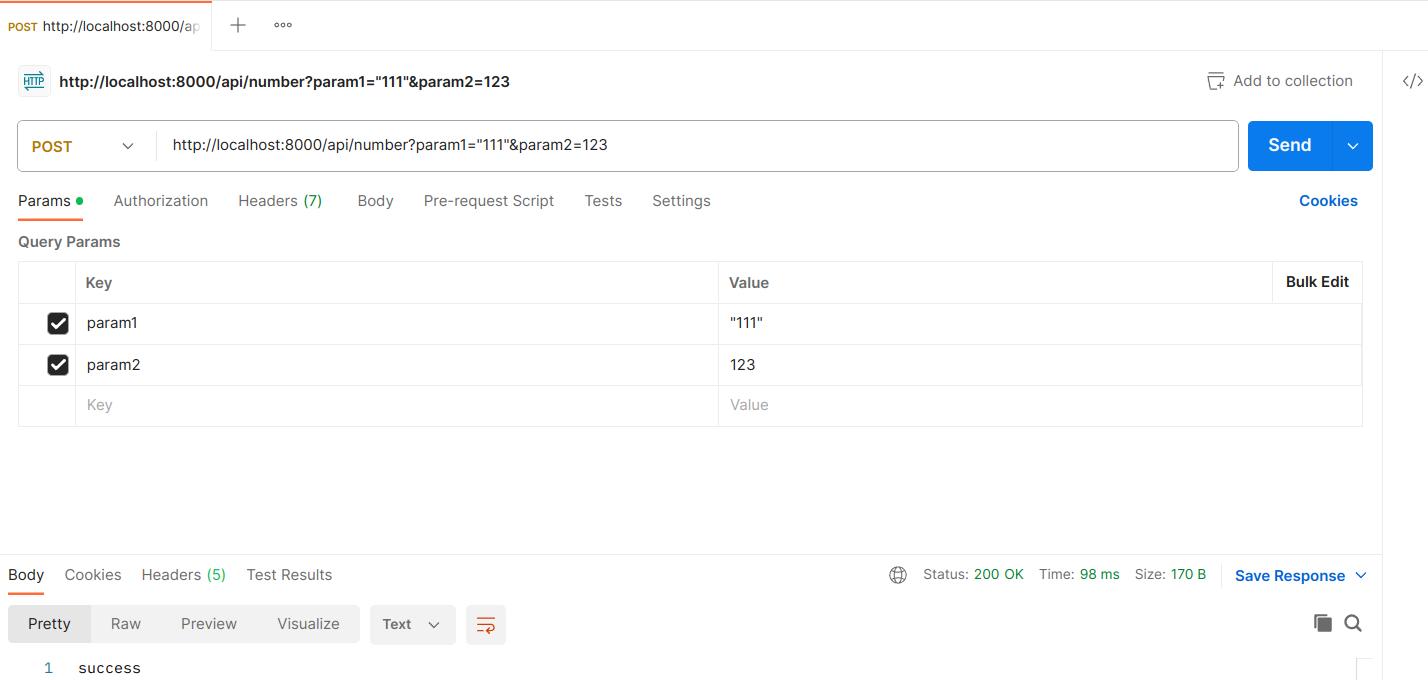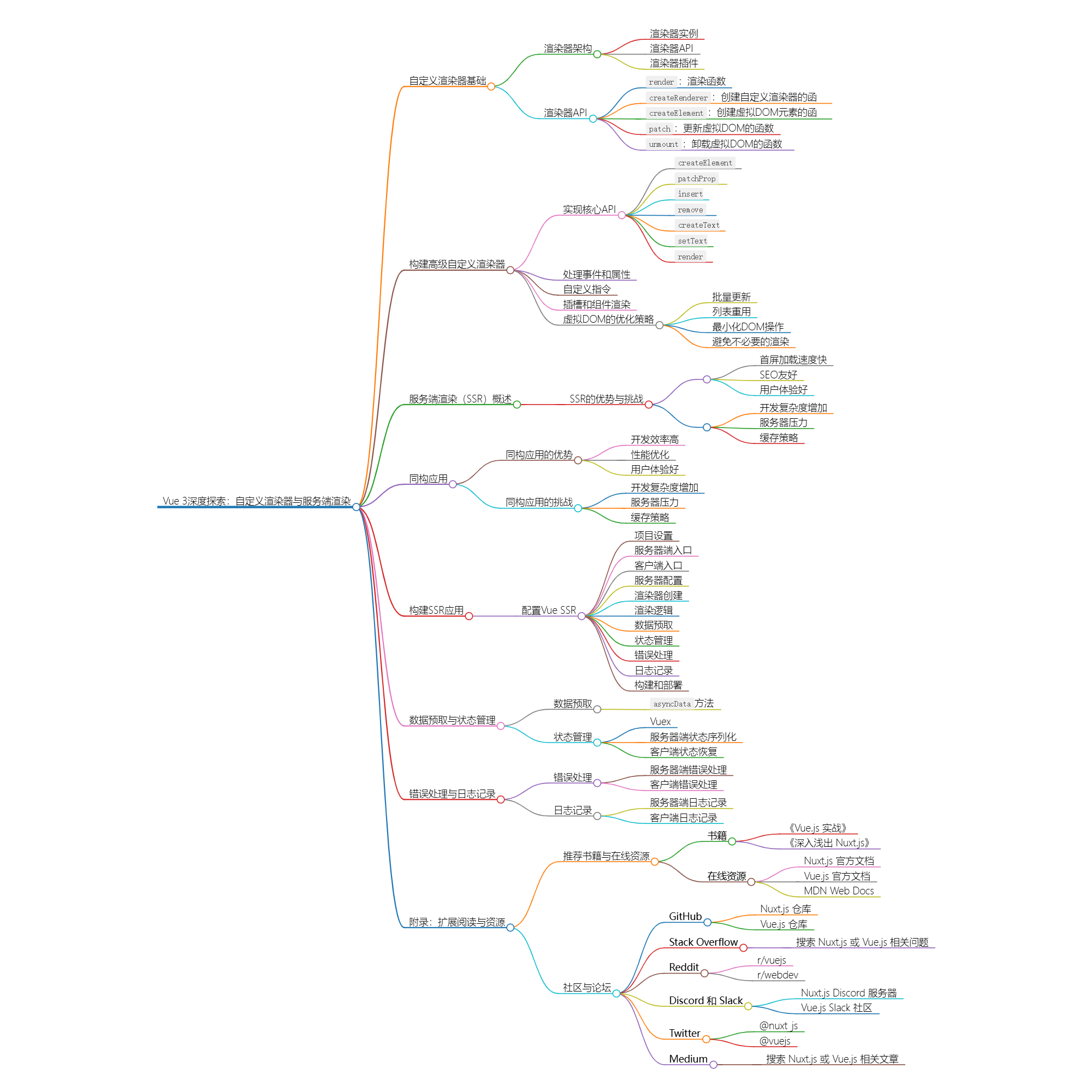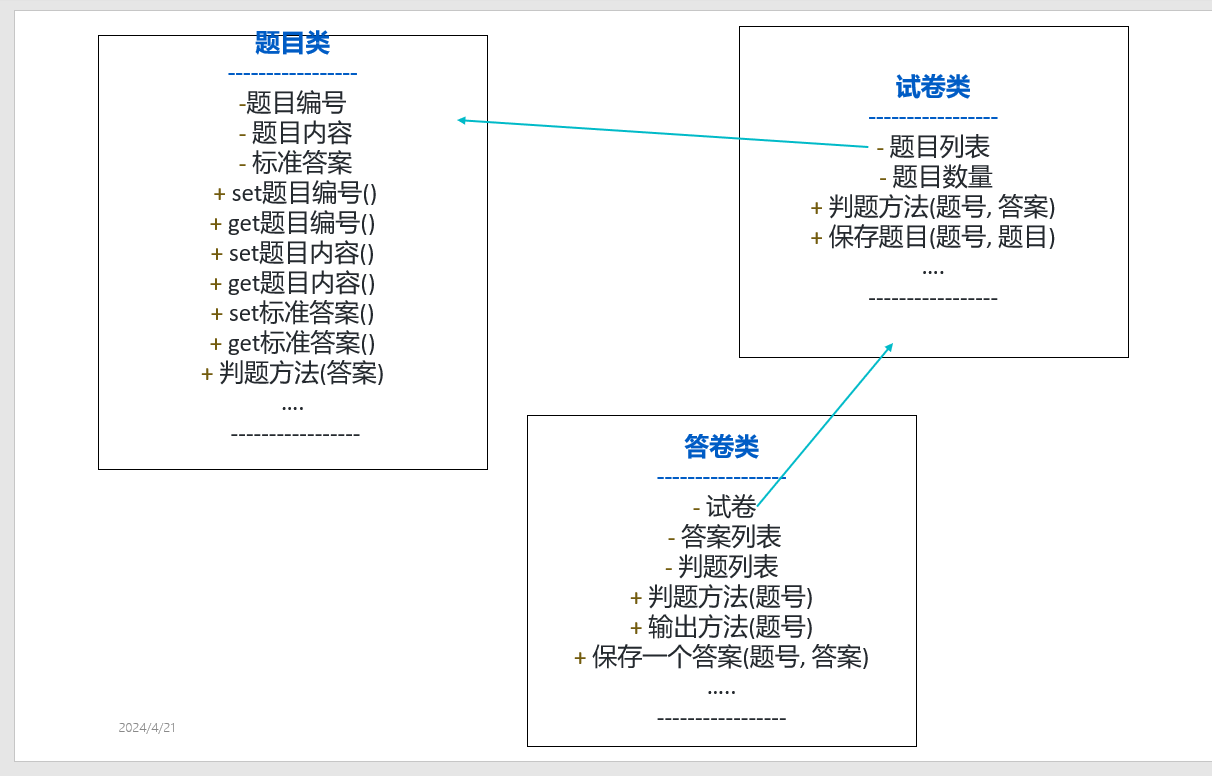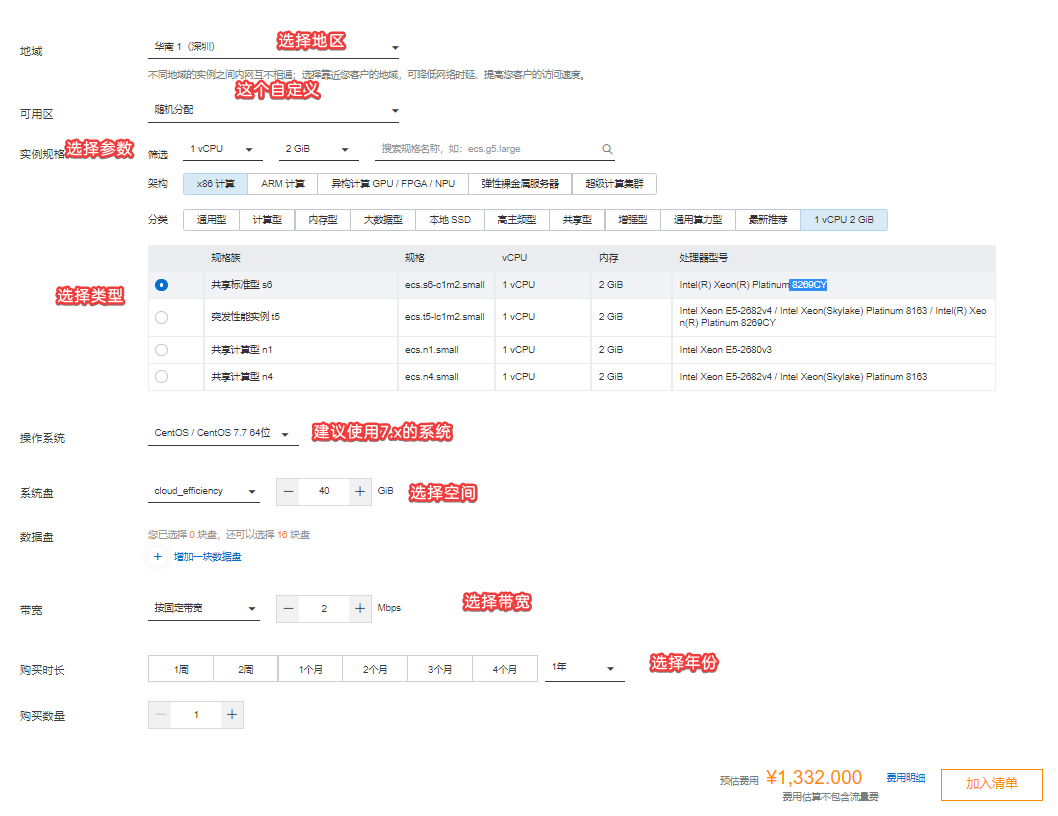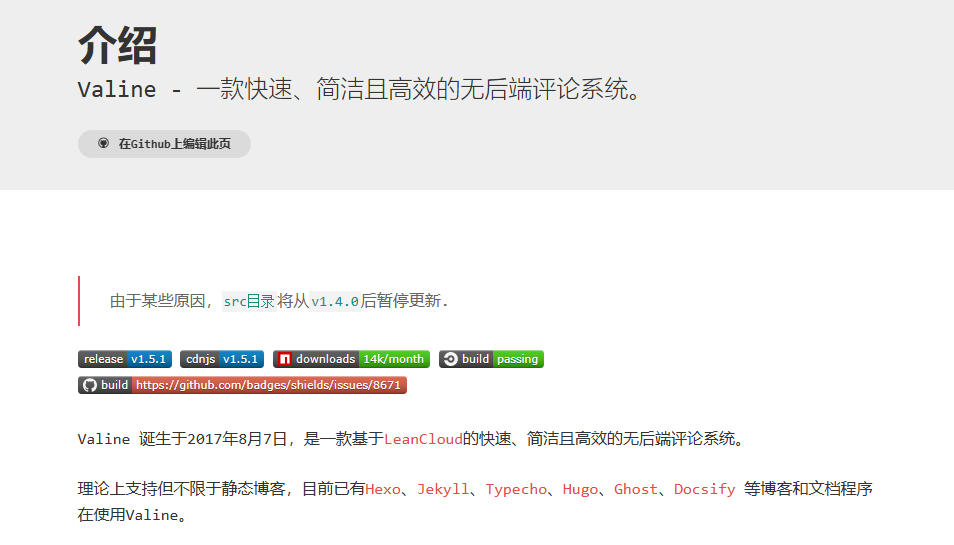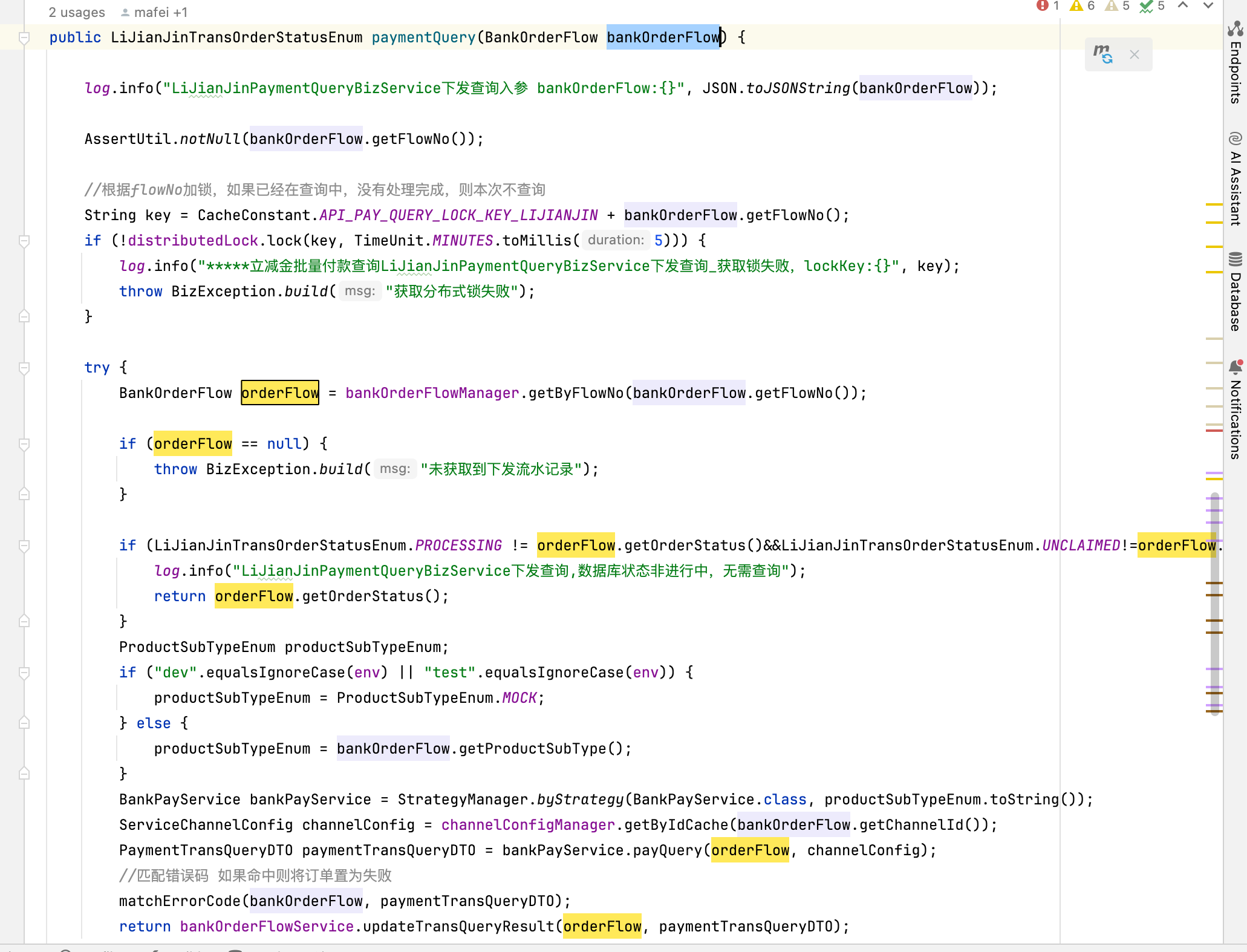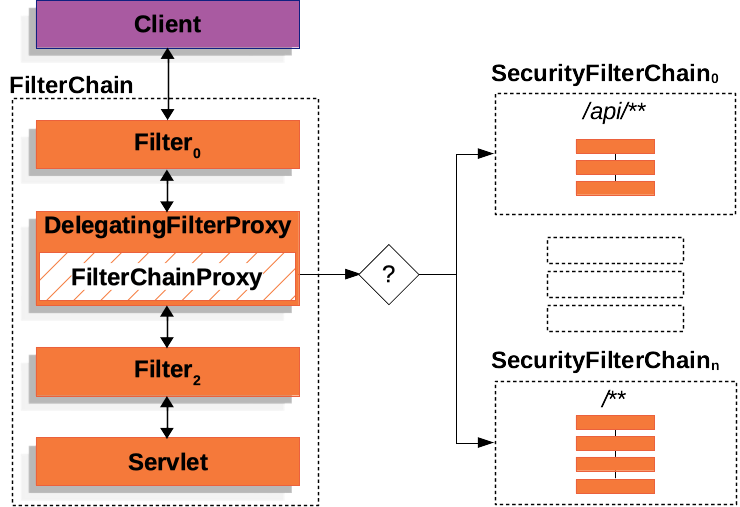从JDK 5 开始,Java 增加了对元数据(MetaData)的支持,也就是Annotation(注解),注解可以理解为代码里的特殊标记,这些标记可以在编译、类加载、运行时被读取,并执行相应的处理
注解能被用来为程序元素(类、方法、成员变量)设置元数据。如果希望注解在运行时起到一定的作用,只有通过某种配套的工具对注解中的信息进行访问和处理,访问和处理注解的工具统称 APT(Annotation Processing Tool)
基本注解
@Override
@Override 就是用来指定方法重写的,它可以强制一个子类必须重写父类的方法。@Override 主要是帮助程序员避免一些低级错误(例如拼写错误等)
public class Fruit {
public void info(){
System.out.println("水果");
}
}
public class Apple extends Fruit{
// 编译报错 父类是info() 这里是Info()
@Override
public void Info() {
super.info();
}
}
@Override 只能修饰方法
@Deprecated
用于表示某个程序元素(类,方法等)已过时,当其他程序使用已过时的类、方法时,编译器将会给出警告
public class Apple extends Fruit{
@Deprecated
public void info() {
super.info();
}
public static void main(String[] args) {
Apple apple = new Apple();
// 下方代码 编译器会警告方法已过时
apple.info();
}
}
@SuppressWarnings
被@ SuppressWarnings 注解修饰的程序元素取消显示指定的编译器警告
@SuppressWarnings(value = "unchecked")
public class Main {
public static void main(String[] args) {
List myList = new ArrayList<Integer>();
List<String> ls = myList; // 执行了未检查的转换,unchecked警告
}
}
@FunctionalInterface
如果接口中只有一个抽象方法,该接口就是函数式接口。@FunctionalInterface 就是用来指定某个接口必须是函数式接口
@FunctionalInterface
public interface Converter {
Integer convert(String from);
}
Converter converter = from -> Integer.valueOf(from);
自定义注解
定义注解
定义新的注解类型使用 @interface 关键字,并且可以携带成员变量,一旦注解里定义了成员变量之后,使用该注解时就应该为它的成员变量指定值,也可以在定义注解的成员变量时为其指定初始值(默认值)
public @interface MyTag {
String name();
int age() default 18;
String set() default "男";
}
public class Test {
@MyTag(name = "张三",age = 20)
public void info(){
}
}
修饰注解
java.lang.annotation 包下提供了6个注解,其中有5个用于修饰注解,下面介绍常用的4个注解
@Retention
@Retention 用于指定被修饰的注解可以保留多长时间,@Retention 包含一个 RetentionPolicy类型value 成员变量,因此使用 @Retention 时必须为该 value 成员指定值
value 成员变量的值有如下三个
RetentionPolicy.CLASS编译器将把注解记录在 class 文件中。 当运行Java 程序时,JVM 不可获取注解信息(默认)RetentionPolicy.RUNTIME编译器将把注解记录在 class 文件中。 当运行Java 程序时,JVM 可获取注解信息RetentionPolicy.SOURCE注解只保留在源代码中,编译器直接丢弃这种注解
@Target
@Target注解用于被它修饰的注解能用于修饰哪些程序单元,该注解也包含一个名为value 的成员变量,该成员变量只能是如下几个
ElementType.ANNOTATION_TYPE指定该策略的注解只能修饰注解ElementType.CONSTRUCTOR指定该策略的注解只能修饰构造器ElementType.FIELD指定该策略的注解只能修饰成员变量ElementType.LOCAL_VARIABLE指定该策略的注解只能修饰局部变量ElementType.METHOD指定该策略的注解只能修饰方法ElementType.PACKAGE指定该策略的注解只能修饰包ElementType.PARAMETER指定该策略的注解只能修饰参数ElementType.TYPE指定该策略的注解只能修饰类、接口(或者注解类型)或枚举定义
@Documented
@Documented 用于指定被改注解修饰的注解类将被 javadoc 工具提取成文档,如果定义注解类是使用了 @Documented 修饰,那么所有使用该注解修饰的程序元素 的API 文档中将会包含该注解生命
@Inherited
@Inherited 元注解指定被它修饰的注解将具有继承性——如果某个类使用了@Xxx 注解修饰,则其子类将自动被@Xxx 修饰
提取注解信息
使用注解修饰了类、方法、成员变量等成员后,这些注解不会自动生效,需要由开发者提供相应的代码来提取并处理注解信息
Java 使用java.lang.annotation.Annotation 接口来代表程序元素前面的注解,该接口是所有注解的父接口。 Java 5 在java.lang.reflect 包下新增了AnnotatedElement 接口,该接口代表程序中可以接受注解的程序元素。 该接口主要有如下几个实现类
Class类定义Constructor构造器定义Field类的成员变量定义Method类的方法定义Package类的包定义
当程序通过反射获取到某个类的 AnnotatedElement 对象后,程序就可以调用该对象的如下几个方法来访问注解信息
<A extends Annotation> A getAnnotation(Class<A> annotationClass)返回该程序元素上存在的、指定类型的注解,如果该类型注解不存在,则返回 null<A extends Annotation> A getDeclaredAnnotation(Class<A> annotationClass)该方法尝试获取直接修饰该程序元素、指定类型的注解。如果该类型注解不存在,则返回 nullAnnotation[] getAnnotations()返回该程序元素上存在的所有注解Annotation[] getDeclaredAnnotations()获取直接修饰该程序元素的所有注解boolean isAnnotationPresent(Class<? extends Annotation> annotationClass)判断该程序元素上是否存在指定类型的注解<A extends Annotation> A[] getAnnotationsByType(Class<A> annotationClass)获取修饰该程序元素、指定类型的多个注解<A extends Annotation> A[] getDeclaredAnnotationsByType(Class<A> annotationClass)获取直接修饰该程序元素、指定类型的多个注解
@Retention(value = RetentionPolicy.RUNTIME)
public @interface MyTag {
String name();
int age() default 18;
String set() default "男";
}
public class Test {
@MyTag(name = "张三", age = 20)
public void info() {
}
public static void main(String[] args) throws Exception {
Test test = new Test();
// 获取info 方法的所有注解
Annotation[] annotations = test.getClass().getMethod("info").getAnnotations();
for (Annotation annotation : annotations) {
// 如果该注解时MyTag类型
if (annotation instanceof MyTag) {
// 强转为MyTag
MyTag tag = (MyTag) annotation;
// 输出MyTag的成员变量的值
System.out.println("tag.name:" + tag.name());
System.out.println("tag.age:" + tag.age());
}
}
}
}
输出
tag.name:张三
tag.age:20





